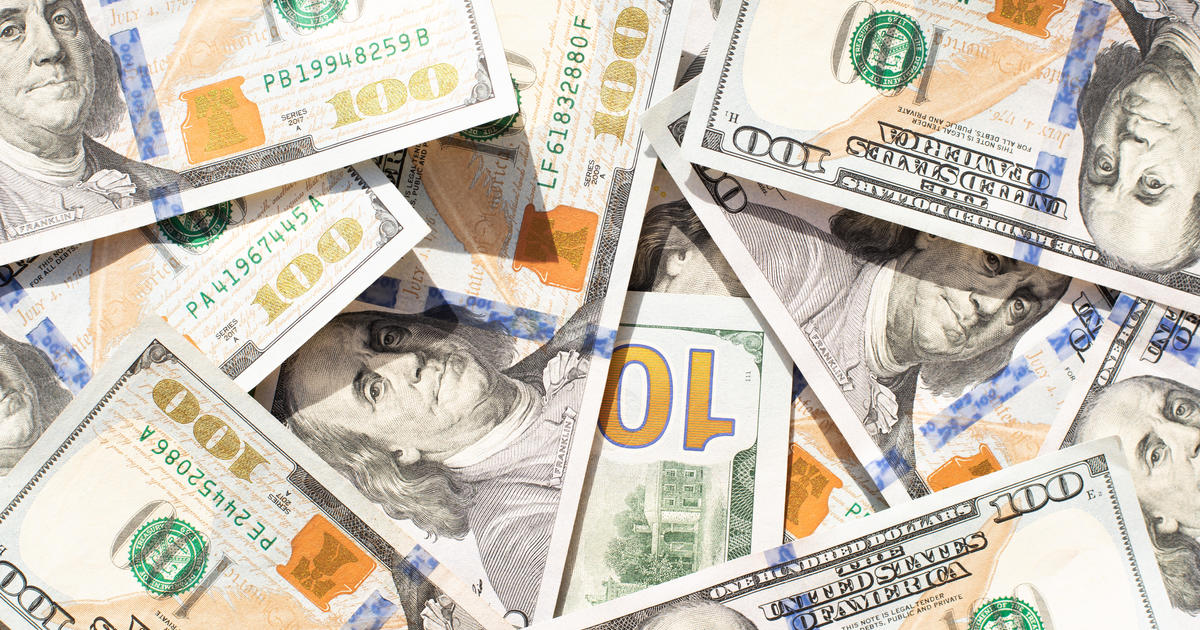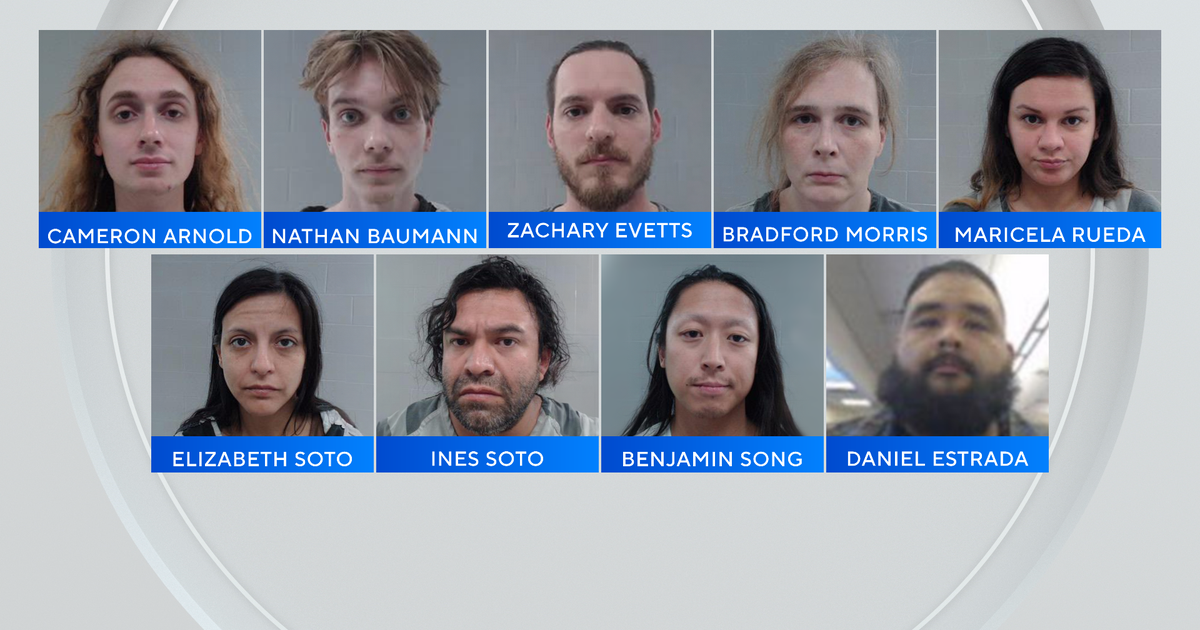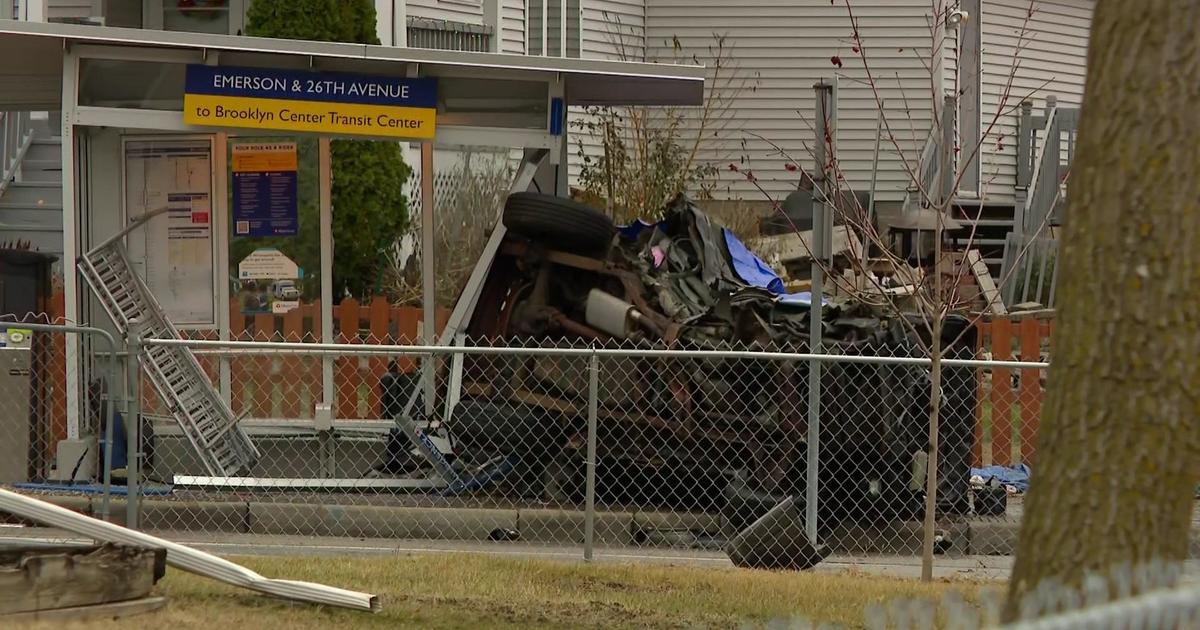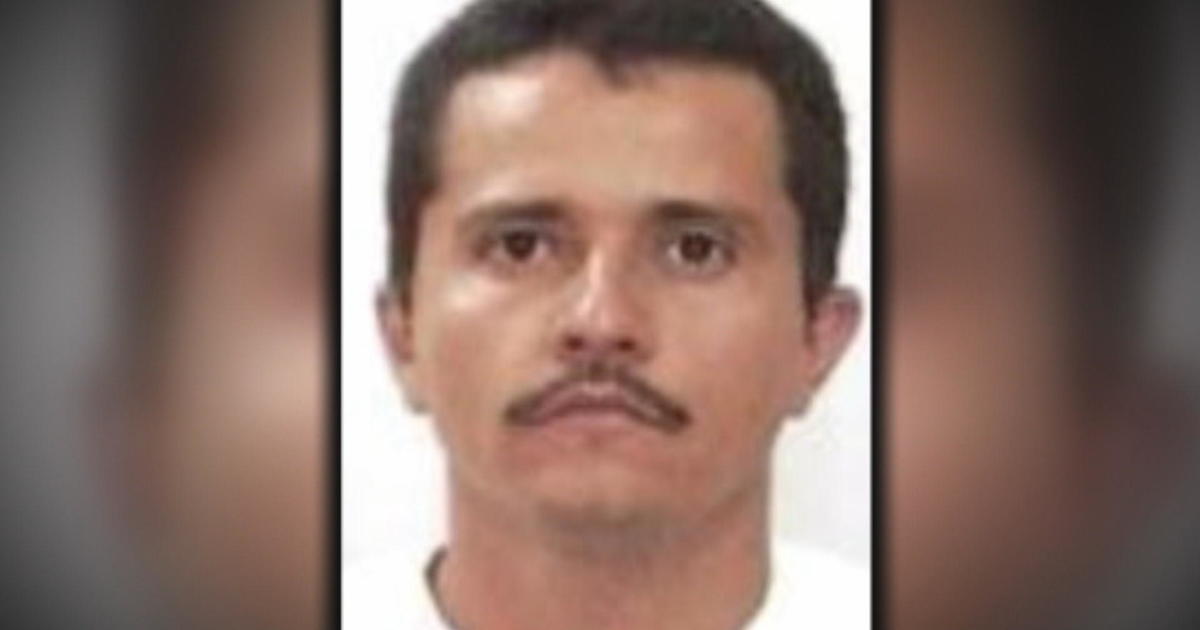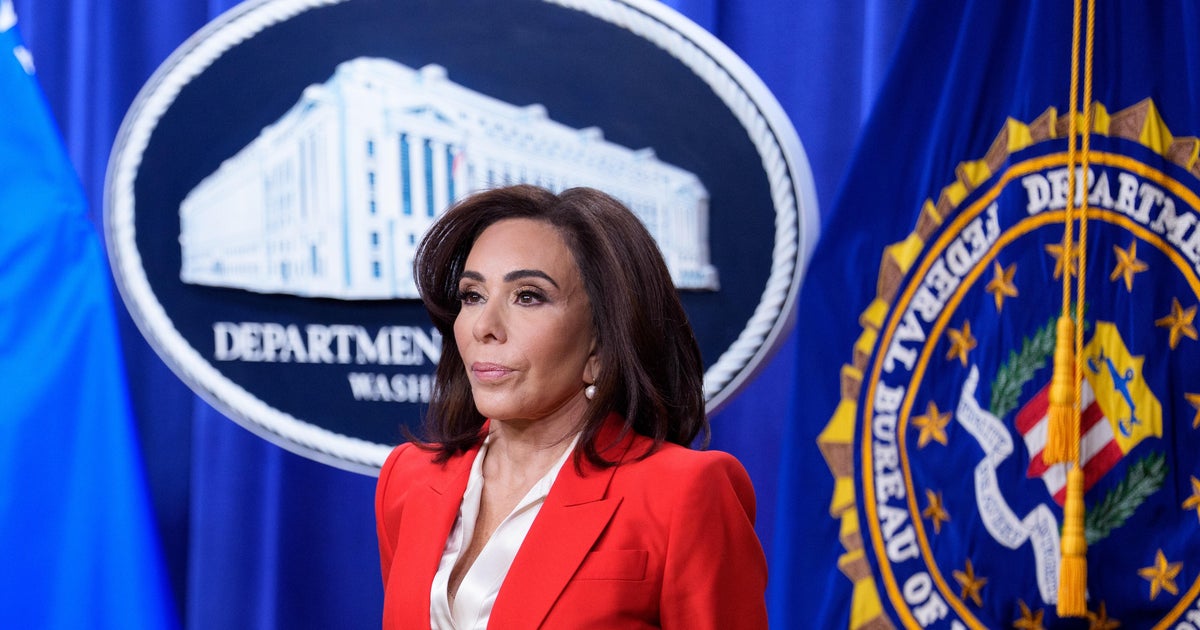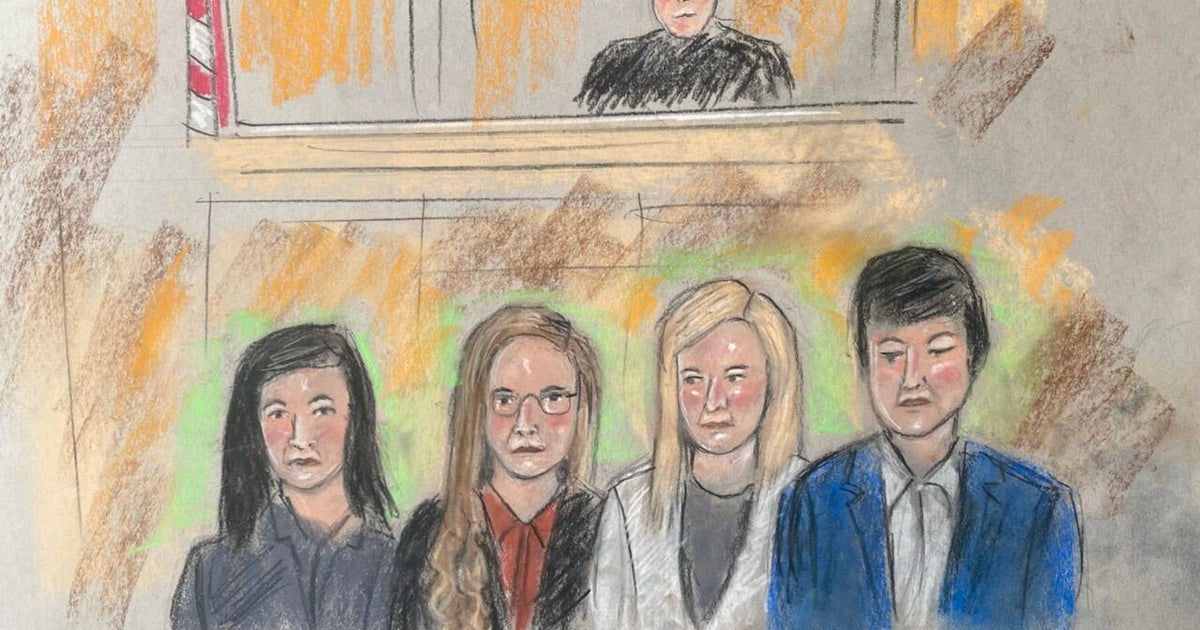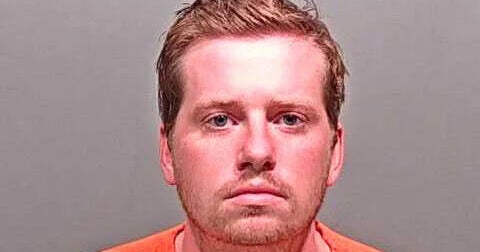Bonds Guilty Of Obstruction; Mistrial On Perjury
SAN FRANCISCO (CBS 5 / KCBS) -- The jury in the Barry Bonds trial found him guilty of obstruction of justice on Wednesday afternoon, but the judge declared a mistrial on several perjury charges after jurors indicated they couldn't reach unanimous agreement on those.
>> Trial Tweets: >> CBS 5's Joe Vazquez | >> KCBS' Doug Sovern
Federal judge Susan Illston made the decision to declare a mistrial on the remaining counts after the jury foreman said the eight women and four men comprising the panel were deadlocked and further deliberations would not break the stalemate.
Bonds sat stone-faced and displayed no emotion through the verdict, which came on the jury's fourth day of deliberations. It was unclear whether he would actually be sentenced to any jail time.
>> Opinion & Analysis: Weird Verdict Is Road To Nowhere | There's Much We Still Don't Know | Hall Of Fame Still Possible After Trial?
Bonds later walked out of the courthouse, impeccably dressed in suit and tie, and flashed a victory sign to a few fans. But then he told them, "there's nothing to celebrate." His lawyers instructed Bonds not to comment further.
Wednesday's messy developments were just the latest in the case that had put the former San Francisco Giants slugger under a cloud of suspicion for more than three years culminating in a 12-day trial.
Bonds, 46, was accused by the government of lying in 2003 testimony before a federal grand jury investigating the distribution of performance-enhancing drugs by the Burlingame-based Bay Area Laboratory Co-Operative, or BALCO.
KCBS' Doug Sovern Reports:
Prosecutors had alleged that Bonds committed perjury when he denied knowingly taking both steroids and human growth hormone. A third perjury count charged that Bonds lied when he said that no one other than his doctor ever injected him with anything.
A 19-year-old blonde woman, Amber, who was the youngest juror and would only give her first name, said the final votes on the deadlocked charges were 8-4 to acquit Bonds of lying about steroids and 9-3 to acquit him on lying about HGH use.
The panel voted 11-1 to convict him of getting an injection from someone other than his doctor, with one woman juror - Nyiesha, a 28-year-old nurse - holding out because she said she didn't believe the testimony of Bonds' personal shopper who claimed that she witnessed a personal trainer injecting Bonds.
"She was believable for 11 of us," said a 60-year-old male juror, who identified himself only as Steve. "We were very, very close."
The U.S. Attorney in San Francisco, Melinda Haag, said prosecutors had not yet decided whether to retry Bonds on those three unresolved perjury counts. Some legal observers questioned whether a retrial would be worth the time and expense.
The 56-year-old jury foreman, Fred Jacob, said if prosecutors wanted to again "pursue this case, they're going to have to do more homework than they did."
The juror named Steve added that Bonds' legal team was largely "successful" in making "the prosecutors look like bad guys."
He also said the government was hurt by the testimony of Bonds' physician, Dr. Arthur Ting, who was called as a prosecution witness but ended up refuting many of their allegations.
"I think the prosecutors got a big bomb thrown in their lap," Steve said.
There was another key government witness that none of the jurors believed -- Bonds' ex-girlfriend Kimberly Bell, said a juror who identified herself only as Jessica.
"We were very against Kim Bell," Jessica said. "She wasn't as much sure in her answers and she seemed to be attacking Barry instead of just giving her own honest testimony."
Bell had testified that she noticed Bonds' testicles were shrunken, which prosecutors argued was a sign of steroids use.
As a result of those juror comments, the government will have to really "reconsider the strength of their case and ultimately decide if another jury will convict him based on the same evidence," observed legal analyst Fernando L. Aenlle-Rocha, a criminal defense lawyer and former federal prosecutor in California.
The fourth count, which jurors convicted Bonds on, was obstruction of justice. It alleged that Major League Baseball's all-time home-run leader hindered the grand jury's sports doping investigation by lying.
Juror Jessica told reporters they agreed unanimously that Bonds was "not directly answering the question, just kind of evading the question."
KCBS' Chris Filippi With Reaction From Jurors:
Bonds faces a possible prison sentence of 15 to 21 months for obstruction, however others convicted in the BALCO case - such as cyclist Tammy Thomas and track coach Trevor Graham - were simply sentenced to house arrest.
Bonds is one of 11 people - and four athletes - who were charged and found guilty either of illegal distribution of drugs or with lying in connection with the BALCO probe.
A number of legal analysts said Bonds would likely not have to serve jail time. He would probably be sentenced to probation and slapped with a fine, the analysts believed.
Bonds' legal team immediately asked that the one guilty verdict be thrown out, but the judge did not rule on the request. She set May 20 for a hearing in the case.
Lead defense attorney Allen Ruby said the prosecution failed to prove the heart of its case, noting that the obstruction count was a complicated charge that jurors were asked to decipher.
Bonds was convicted based on only one statement that did not address performance-enhancing drugs, which prompted Ruby to quip that it had apparently been "determined it was unlawful for Barry Bonds to tell the grand jury he was a celebrity child and to talk about his friendship with (personal trainer) Greg Anderson."
KCBS' Melissa Culross With Reaction From Legal Analysts:
The defense planned to argue that Bonds' answer wasn't relevant to the grand jury.
Prosecutors were hampered in making their case because of Anderson's refusal to testify against Bonds. With Anderson not taking the stand, prosecutors were unable to show jurors calendars that allegedly kept track of Bonds' steroid usage and present results of three alleged positive drug tests.
The jury foreman said the absence of Anderson - who was imprisoned during the trial on a contempt citation - hindered the government's ability to prove Bonds lied about steroids.
"We couldn't connect the dots between steroids, Greg and Barry," he said.
Added one of the female jurors: "The evidence that he did steroids might have been there, but did he knowingly do steroids was the question and we couldn't prove that beyond a reasonable doubt, there was just a piece of the puzzle missing."
On the HGH count, the foreman said jurors concluded, "there just wasn't any evidence. HGH is very hard to detect and there wasn't any scientific evidence. Everything was circumstantial."
The San Francisco Giants organization did not mention Bonds by name in a post-trial statement late Wednesday, which read simply: "This case is ongoing and we expect it will proceed in a fair and orderly manner. Accordingly, we have no comment at this time."
Bonds ended his 21-year major league career with the Giants in 2003 with 762 home runs. He also set the record for most home runs in a single season in 2001 with the Giants, when he hit 73.
>> Photo Gallery: Barry Bonds Through The Years
Bonds was indicted on Nov. 15, 2007, exactly 50 days after
taking his final big league swing. The indictement was filed at the federal courthouse in San Francisco, which is less than two miles from AT&T Park where the seven-time National League Most Valuable Player played for his last 15 years.
(Copyright 2011 by CBS San Francisco. All Rights Reserved. This material may not be published, broadcast, rewritten, or redistributed. Wire services may have contributed to this report.)

